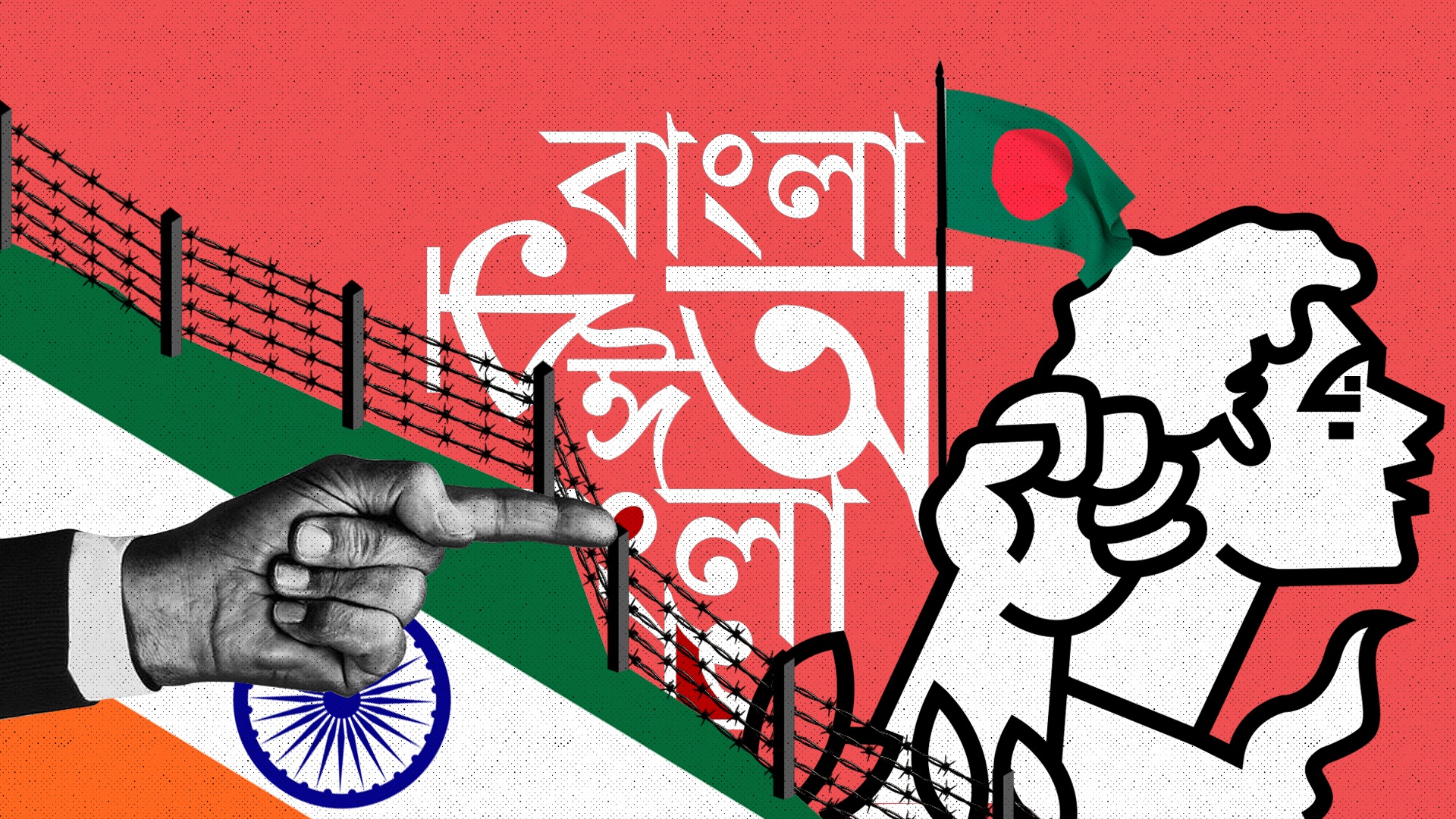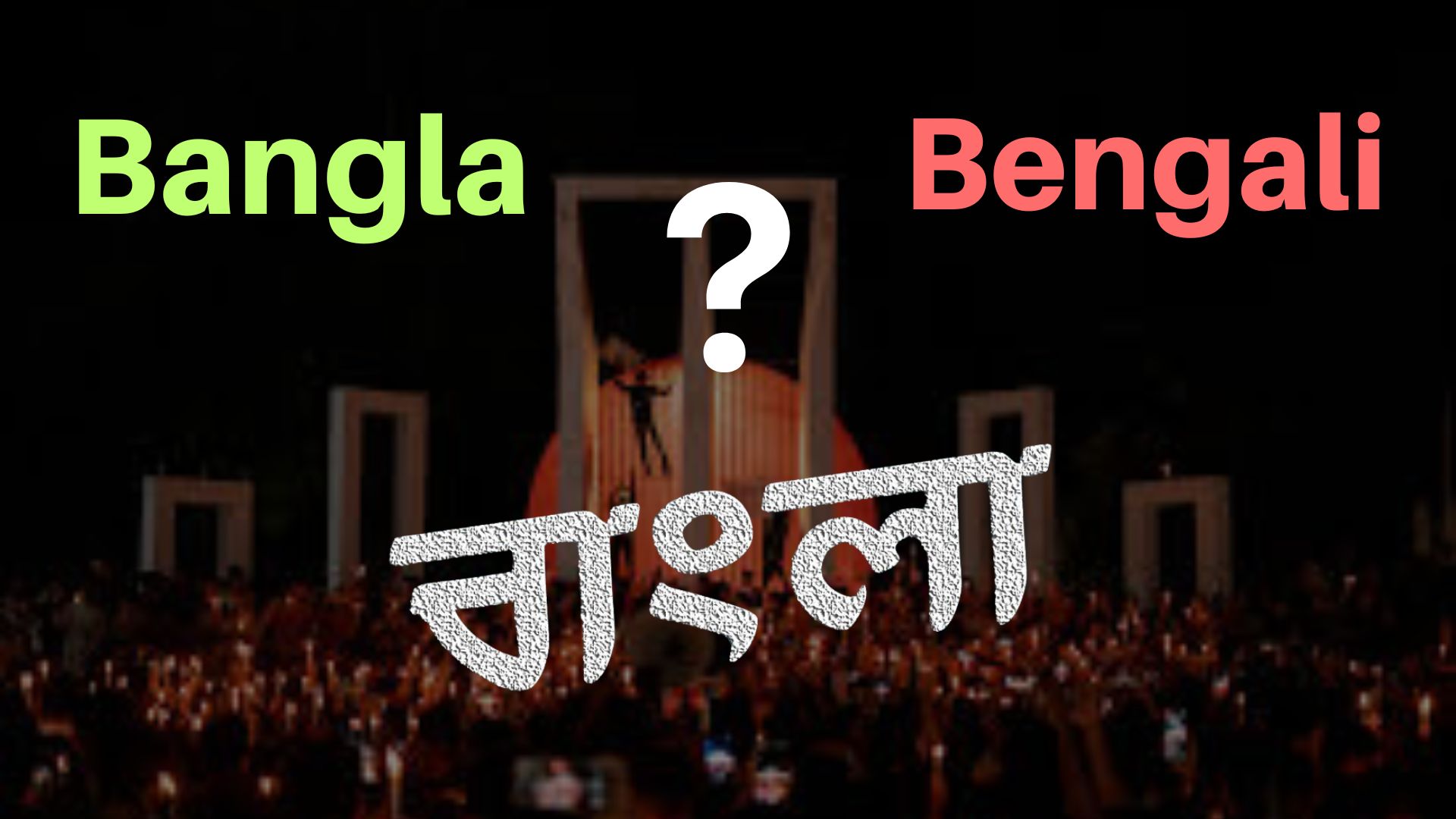Defiance in tongue and spirit

Have you noticed how easily expletives are permeating our everyday conversations? Roll down your car windows and allow the white noise to enter your personal space, open the TV to watch a talk show, walk through any public place, or watch short videos on social media, and you will come across words once considered unutterable. Obscene and profane words show up almost everywhere, and with remarkable ease. And the shocking thing is, it is not the feisty Gen Z that is violating languages or linguistic norms. We have all subscribed to these changes: journalists, politicians, civil servants, preachers, educators, the working class—you name it. We are using words in public that were previously spoken only in private space or in special circumstances.
Language is a dynamic entity that evolves not in isolation but with the full weight of society. The demographic and technological landscape of Bangladesh is responsible for these linguistic changes. Today, the youngest generations dominate almost all public spaces, both physical and virtual, with the country's median age of 26 (Worldometer). New speech habits form in these spaces. Our sense of space is further formulated by the urbanisation process: around 40 percent of the population now lives in cities. By design, cities unite diverse populations from various backgrounds and promote mixed-class interactions and relatively anonymous urban life. Cities also disrupt traditional social structures. The shift is further intensified once we move to the digital sphere. Our internet penetration is around 44.5 percent, and our mobile connections have already outnumbered the population itself. The growth of digital space has led to the emergence of digital language, or more specifically, digital vernaculars.
When we started texting in Romanised Bangla, we were initiated into an online communication process that steadily seeped into our everyday offline talk. Teachers are tired of capitalising "i" and expanding "r" into "are." Now that over one-third of the population uses social media, it is quite evident that our online behaviours have an impact on real-life interactions. When we type a post or comment, our devices suggest and dictate our language choices and expressions. We get fascinated with the new and embrace novelty. Take the 2012 example of Murad Takla's diction, for example. It was a clear case of transliteration going wrong. Someone dared to say "Murod thakle" ("If you have guts"), but ended up typing "Murad Takla," meaning Murad the Bald. The comedy became a platform for a collective delight in subversion. Errors became memes. Memes became inside jokes. And in-jokes became a new shared register to resist linguistic gatekeeping. To laugh at the absurd spellings is to endorse that script.
Social media rewarded this linguistic play that often bordered on profanity. It encouraged others to use quirky, loaded languages, albeit slang. These changes in language indicate the wider structural forces that are reshaping how we communicate with others. The normalisation of vulgarity is more than a breakdown in manners—it is symptomatic of a structural change that coincides with the series of acts of defiance in which our young generations were involved. Therefore, the defiant derogatory language cannot be seen without referring to the major student-led movements of the past decade. It started off with the No VAT Movement in 2015 when private university students rallied against a proposed tax on tuition. Many of the slogans they used were in Banglish, and the code-mixing was laced with irreverence for the authority and their protocols.
We saw the same pattern in the Road Safety Movement in 2018. After two schoolchildren were killed by a speeding bus in the capital, angry students took over the streets. Memes, transliterated chants, and blunt expletives flooded social media, carrying rage across the nation.
Then the nation had a deadly experience during the Covid pandemic, which suddenly made all social norms irrelevant. We transitioned to virtual space out of necessity and got pulled into its various lures. The generation who saw and participated in these phenomena was once again called into action to dethrone the dictator. During the July uprising last year, protesters, mostly young, abandoned deference in both speech and slogan. The distorted, playful, sometimes vulgar register of these movements defined their spirit. They were indomitable, impatient, and bold, unwilling to pitch their demands in any low, polite frequency.
With these student leaders enjoying the media spotlights, we are having a review of what is considered proper Bangla or English. This linguistic generation gap is not just about words but about authority. Here is a generation who refuses to care. Language for them is a weapon of rebellion. These students, who defied bullets, tear gas, and torture, are now defying the decorum of politeness. A blunt expletive can be a battle cry; a meme or a photocard can undercut anyone in power. Our city walls still adorn the graffiti to show us the fruits of political disobedience.
For a puritan, the distortion of Bangla for a nation that rose from the shadow of the 1952 Language Movement and the dilution of Bangla by English profanity and Roman letters may feel like betrayal. But we need to remember that language has never survived by purity. Our Bangla has been influenced by Persian, Arabic, English, and regional dialects. Now it is absorbing TikTok syntax and transliterated punchlines. We cannot stall the changes within language. Then again, we need to distinguish between harmless intensifiers and harmful slurs, to teach context rather than enforce blanket bans. What looks like linguistic chaos is in fact linguistic vitality. And the sooner the national leaders realise it, the better. We need clear guidance from the authorities on not how to preserve purity, but whether we can communicate meaning, civility, and the democratic energy that makes our language, like our people, unafraid to change.
Dr Shamsad Mortuza is professor of English at Dhaka University.
Views expressed in this article are the author's own.
Follow The Daily Star Opinion on Facebook for the latest opinions, commentaries and analyses by experts and professionals. To contribute your article or letter to The Daily Star Opinion, see our guidelines for submission.




 For all latest news, follow The Daily Star's Google News channel.
For all latest news, follow The Daily Star's Google News channel. 

Comments